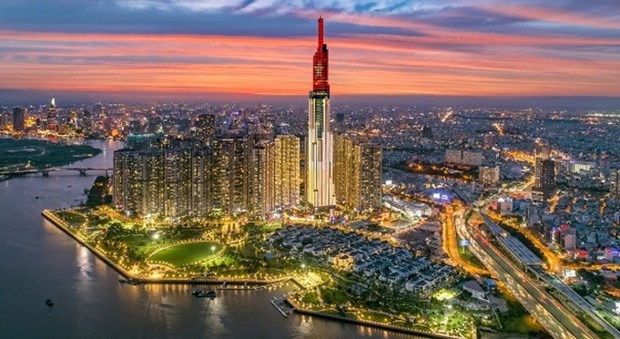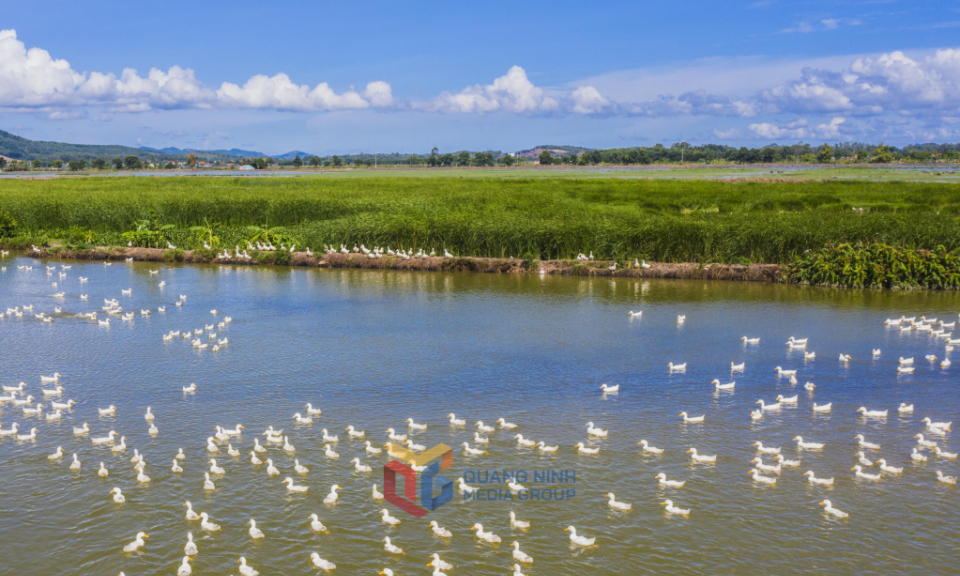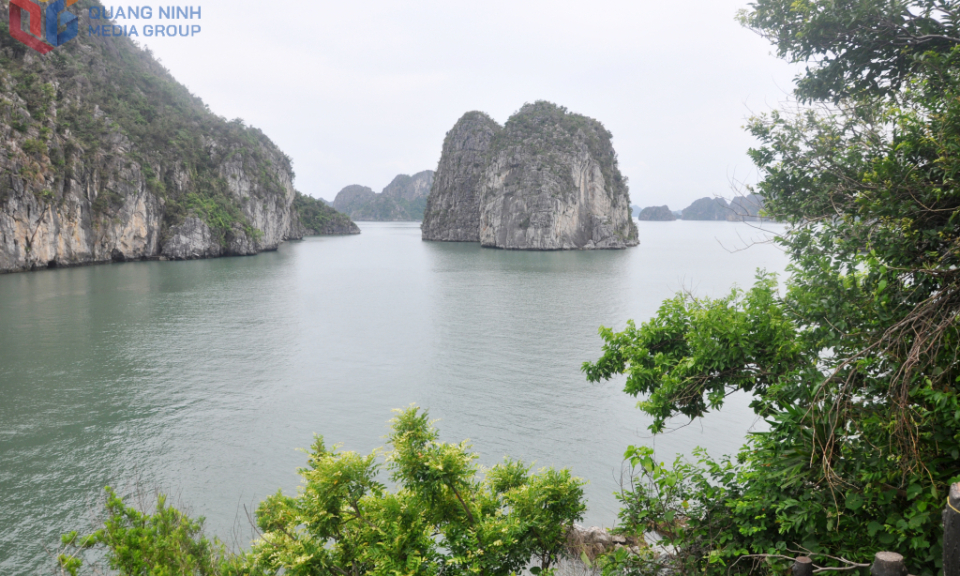Vietnam’s economy forecast to grow beyond expectation in 2022
Vietnam’s economy is forecast to grow beyond expectation in 2022 as domestic demand rebounds and foreign direct investment (FDI) inflows remains stable.
Most forecasts by foreign investment funds show that Vietnam’s GDP growth is likely to increase by 7.5 percent in 2022.
However, it is not too surprising if the economy will grow at a higher rate thanks to strong recovery of domestic consumption, construction activities, international tourism, as well as the Government's financial stimulus package worth 15 billion USD, according to insiders.

The re-opening of domestic economy will be the biggest driver of economic growth this year. The stimulus package, including cutting value-added tax from 10 percent to 8 percent, promises to boost domestic consumption.
According to Michael Kokalari, Chief Economist of VinaCapital, Vietnam's household consumption is likely to recover from a decline of 6 percent in 2021 to an increase of 5 percent in 2022.
Domestic consumption will be pushed by the recovery of international tourism, which accounted for about 8 percent of the country's GDP before the pandemic, he said.
Recent surveys in the US and some other countries indicate that demand to travel to Vietnam has sharply increased. Therefore, the partial recovery of international tourism is expected to help Vietnam's GDP rise by at least 3 percent this year, and further in 2023 when Chinese tourists return to the Vietnamese market.
Meanwhile, the construction growth which accounts for about 6 percent of the country's GDP is projected to increase to 10 percent in 2022 from only 0.6 percent in 2021, equivalent to the pre-pandemic average growth, Kokalari said.
The manufacturing sector, which makes up over 20 percent of and plays an important role in supporting Vietnam's economy during the pandemic, is forecast to contribute less this year. However, the Vietnam Manufacturing Purchasing Managers' Index (PMI) was up in January thanks to the record increase in orders from foreign customers in more than four years.
FDI firms also increased imports of necessary materials to fulfill orders. Therefore, the manufacturing sector is likely to grow stronger than expected this year.
The long-term growth outlook for the production industry still remains strong and continues to be supported by FDI inflows, Kokalari said.
He noted that despite the COVID-19 pandemic, Vietnam has been still an attractive destination to FDI inflows during the last two years.
According to data from the United Nations, FDI to Vietnam decreased by 3 percent in the past two years, but it decreased by over 40 percent globally in 2020 alone.
According to an agreement reached recently between the US Department of Finance and the State Bank of Vietnam, the US will not impose tariffs on Vietnamese exports to this market. This, together Vietnam's rapid vaccination campaign, is likely to help attract stronger FDI inflows to the Southeast Asian nation in the near future.
In addition, LEGO Group of Denmark, which is known for its commitment to sustainability, will build the company's first carbon neutral factory in Vietnam. This investment will contribute to affirming Vietnam's ESG (environment, social and governance) values and attracting more foreign manufacturers who are prioritising sustainable development.
According to Kokalari, foreign investors are not too worried about inflation. Although this inflation rate is skyrocketing in many countries around the world, including the US, with over 7 percent, it has not been recorded in most developing countries in Asia, including Vietnam.






